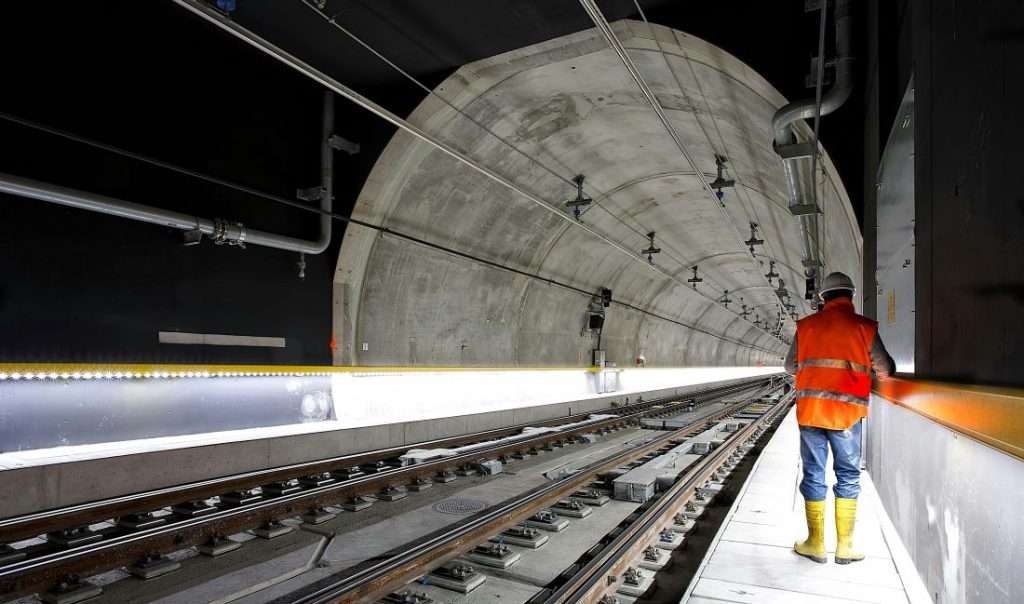The North American supply chain is on the brink of a labor crisis. The possibility of simultaneous strikes by Canada’s rail workers and longshoremen at U.S. East Coast and Gulf Coast ports is becoming increasingly likely. Freight Right Global Logistics CEO, Robert Khachatryan, has expressed concern over the escalating negotiations between the International Longshoremen’s Association (ILA) and the U.S. Maritime Alliance (USMX). The ILA has been resisting the rise in port automation and demanding wage increases.
Meanwhile, Canadian rail workers have demonstrated their willingness to strike. Unionized workers at Canadian National Railway (CN) and Canada Pacific Railway (CP Rail) have previously engaged in strikes. Currently, CN and Canadian Pacific Kansas City (CPKC) are in a deadlock with Teamsters Canada Rail Conference (TCRC), with little progress made in recent negotiations.
Potential Impact of Simultaneous Strikes
Should both Canada’s rail workers and the ILA go on strike within weeks of each other, the repercussions would be felt across North America. Margaret Kidd, an associate professor and director for the University of Houston’s supply chain and logistics program, warns that a simultaneous work stoppage would create chaos. A one-week strike at the ports could take four to six weeks to resolve, with a prolonged strike potentially causing disruptions into 2025.
Consumers are likely to bear the brunt of any work stoppages, as strikes typically lead to port congestion and increased freight rates. The agriculture and automotive industries would be particularly affected. Pulse Canada estimates that 80-85% of the country’s agricultural products are moved by train. The Port of Baltimore, which handles more imported cars and trucks than any other U.S. port, would also be significantly impacted.
As deadlines loom, it remains uncertain whether a resolution can be reached to avert these twin crises or how long any potential work stoppages might last. While past negotiations have often ended with a deal, Khachatryan warns that nothing is guaranteed. Global Supply Chain Strains continue to intensify amid these political tensions.







